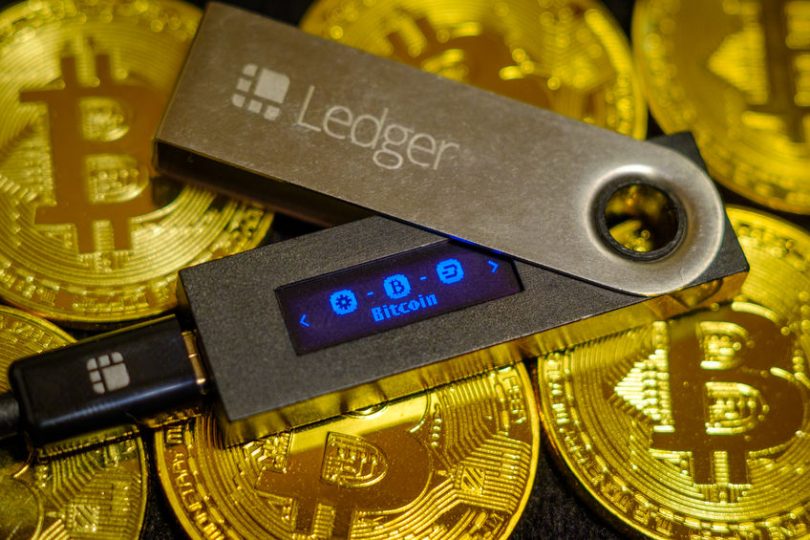In the ever-evolving world of cryptocurrencies, securing your digital assets is paramount. One of the most crucial tools for safeguarding your investments is a crypto wallet. Think of it as a digital version of a traditional wallet, but instead of holding physical cash or cards, it holds the keys to your cryptocurrency holdings. In this article, we will explore what a Ledger wallet is, its types, how it works, and the key features to consider when choosing one.
What is a Crypto Wallet?
A crypto wallet is a digital tool that allows you to store, send, and receive cryptocurrencies. It doesn’t physically store coins or tokens; rather, it holds the private keys that prove ownership of your assets and allow you to interact with the blockchain. Cryptocurrencies like Bitcoin, Ethereum, and Litecoin rely on blockchain technology to track transactions. A crypto wallet interacts with this blockchain, enabling you to manage your digital wealth.
How Does a Crypto Wallet Work?
A crypto wallet works by generating a pair of cryptographic keys:
- Private Key: This is the most crucial part of your wallet. It’s a secret piece of data that proves ownership of your cryptocurrency and allows you to access and transfer your assets. Think of it as the password to your wallet. If someone else obtains your private key, they can take control of your funds.
- Public Key: The public key is derived from the private key and is used as an address to receive cryptocurrency. It’s similar to sharing your email address for someone to send you a message. You can freely share your public key, but never share your private key.
When you want to send cryptocurrency, you use your private key to sign a transaction, which then gets verified by the blockchain network.
Types of Crypto Wallets
Crypto wallets can be broadly classified into two categories based on how they store your keys: hot wallets and cold wallets.
1. Hot Wallets
Hot wallets are connected to the internet, which makes them more convenient for frequent transactions. They are ideal for those who need quick access to their assets. However, being online makes them more vulnerable to hacking attempts and cyberattacks.
- Software Wallets: These are applications or software programs that you can install on your computer or mobile device. Examples include Exodus, Electrum, and Trust Wallet.
- Web Wallets: These wallets run in your browser, and your private keys are typically stored on a third-party server. Examples include Blockchain.com and MetaMask.
- Mobile Wallets: These wallets are apps for smartphones and are suitable for users who want to manage their crypto on the go. Examples include Coinomi and Mycelium.
2. Cold Wallets
Cold wallets are offline storage solutions that are not connected to the internet, making them highly secure from hacking attempts. They are perfect for long-term storage of large amounts of cryptocurrency.
- Hardware Wallets: These physical devices store your private keys offline. They are one of the most secure options available. Popular choices include Ledger Nano S and Trezor.
- Paper Wallets: A paper wallet involves printing your private and public keys on a piece of paper. Since it’s offline, it is highly secure from digital threats, but you must take care not to lose the paper or expose it to damage.
Key Features to Consider When Choosing a Crypto Wallet
When selecting a crypto wallet, several factors should influence your decision:
- Security: The most important aspect of a crypto wallet is its security features. Look for wallets with multi-signature support, two-factor authentication (2FA), and encryption options.
- Ease of Use: If you are a beginner, choose a wallet with a user-friendly interface. Software wallets are typically more accessible, while hardware wallets might require more technical knowledge.
- Compatibility: Make sure the wallet supports the cryptocurrencies you intend to store. For example, some wallets only support Bitcoin, while others, like Exodus, support multiple cryptocurrencies.
- Backup and Recovery: Always ensure you have a way to back up your wallet. Most wallets provide a recovery phrase that allows you to restore access if your device is lost or damaged.
- Control Over Private Keys: Some wallets, particularly custodial wallets, control your private keys for you, meaning you rely on a third-party service to manage your assets. For greater security, consider non-custodial wallets, where you retain full control over your keys.
